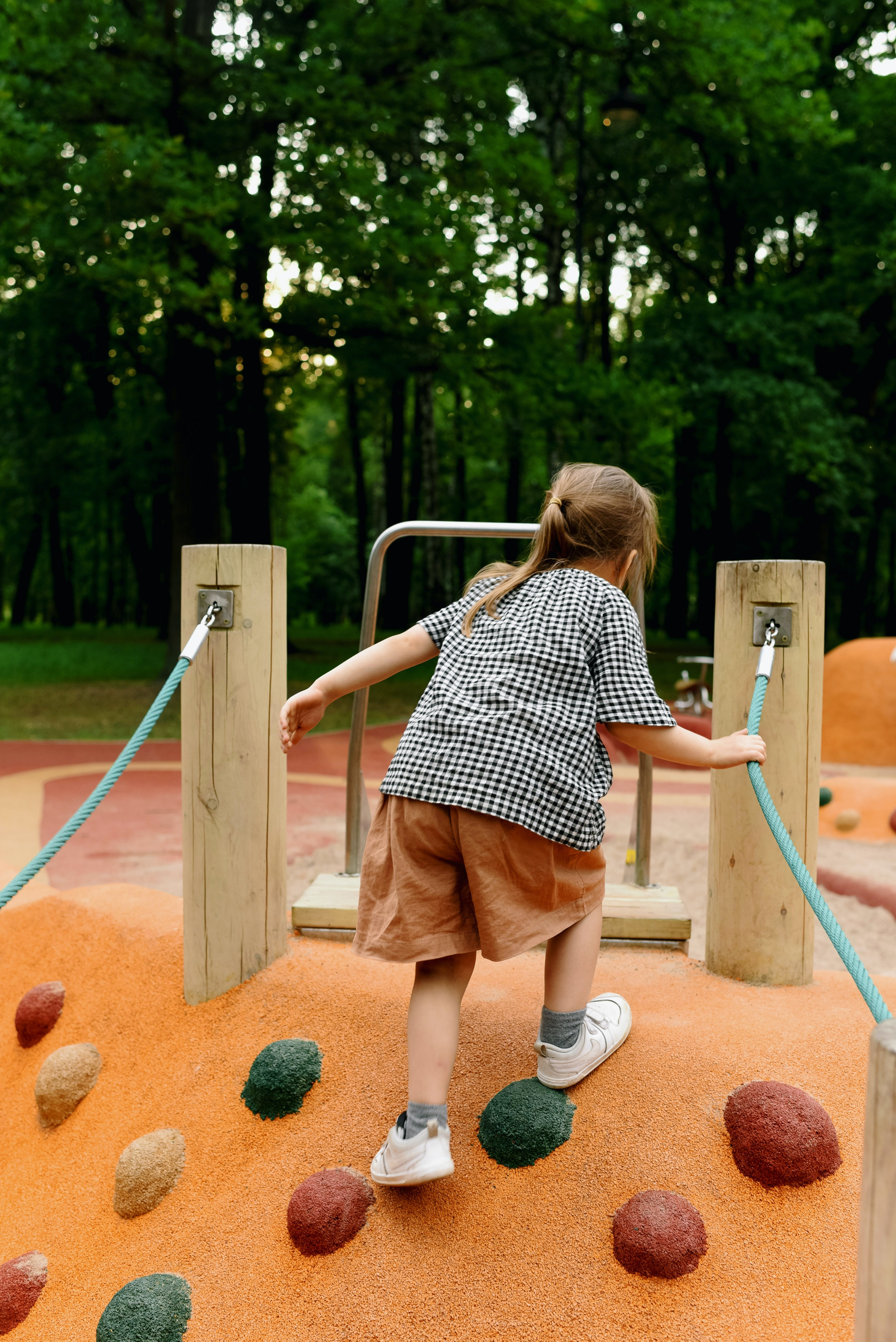Healthy movement behaviours at home
In this video, Senior Professor Tony Okely shares his insights into children’s movement behaviours. He discusses his research into the differences between children’s movement and sleep patterns in high and middle-income countries, provides tips to keep your children active, as well as some interesting insights into screen time and the pandemic.
Here are some key messages from the Expert Insights talk for you!
Children aged 3-4 years old need around 10-13 hours of sleep a night. In middle-income countries, pre-schoolers average about 6-8 hours of sleep, which impacts their physical health, mental health and cognitive development. Most pre-schoolers in Australia get enough sleep, but you can have a look at the guidelines here if you’d like to learn more.
If your child is between 3 and 5 years old, the guideline is to have no more than 60 minutes of passive screen time a day. Around 50% of Australian children have more screen time than this recommendation. Increased passive screen time can lead to other unhealthy behaviours such as sitting for extended periods and unhealthy snacking.
Parent support is essential to encourage healthy physical behaviours. When your child is using a digital device, be aware of what content they might be exposed to. Take the time to discuss a show or game with them and encourage movement breaks.
Pre-schoolers should be getting around 3 hours of physical activity a day, with at least 60 minutes of that as energetic play (moving enough to be slightly out of breath and having an increased heart rate).
Children love to share their play and often look to their parents or carer for support. When your child is playing outside, play with them and share their excitement.Don’t worry about providing structured play opportunities; whatever outside time you can manage is great.
Want to learn more about what is going on at Early Start at the University of Wollongong? Find out more.



